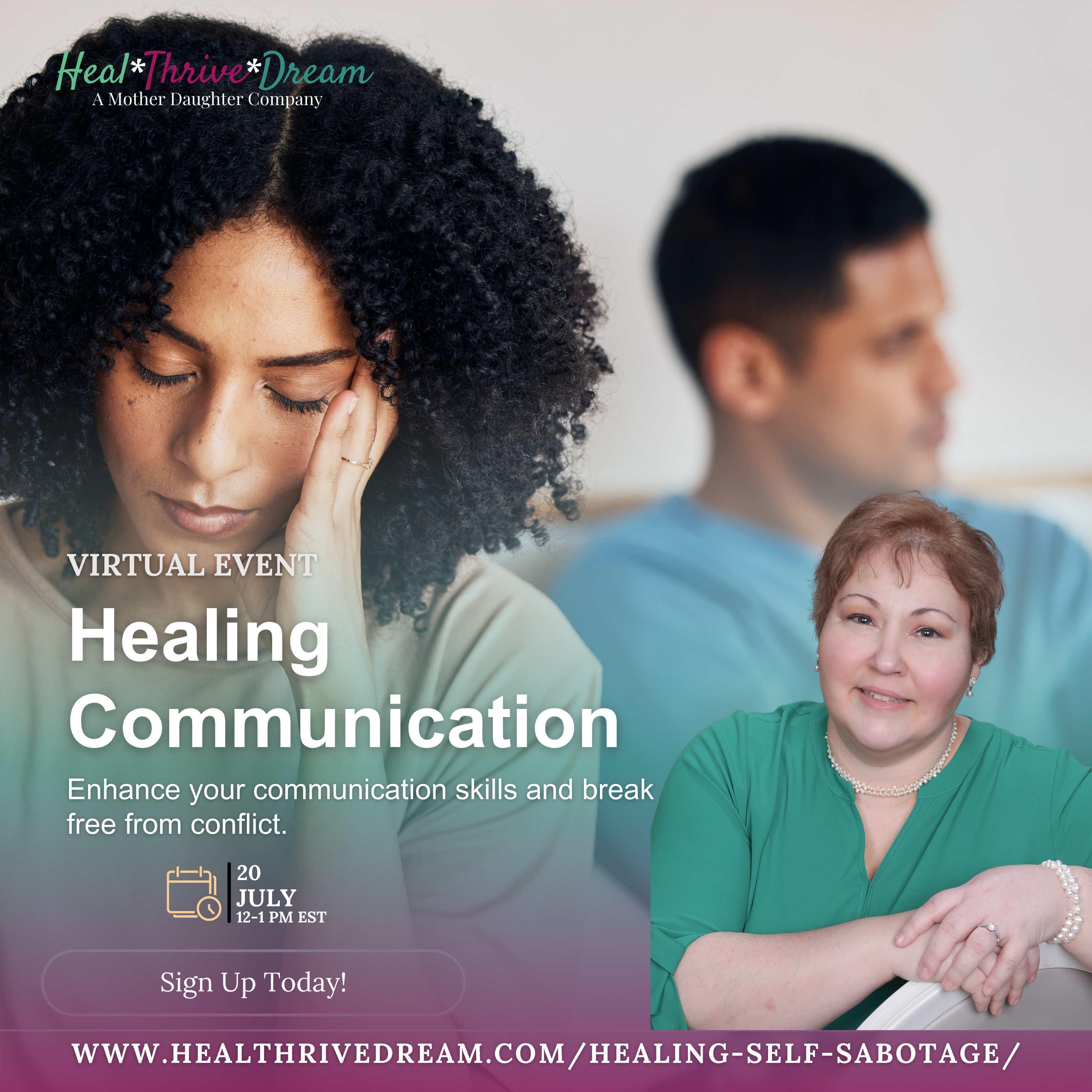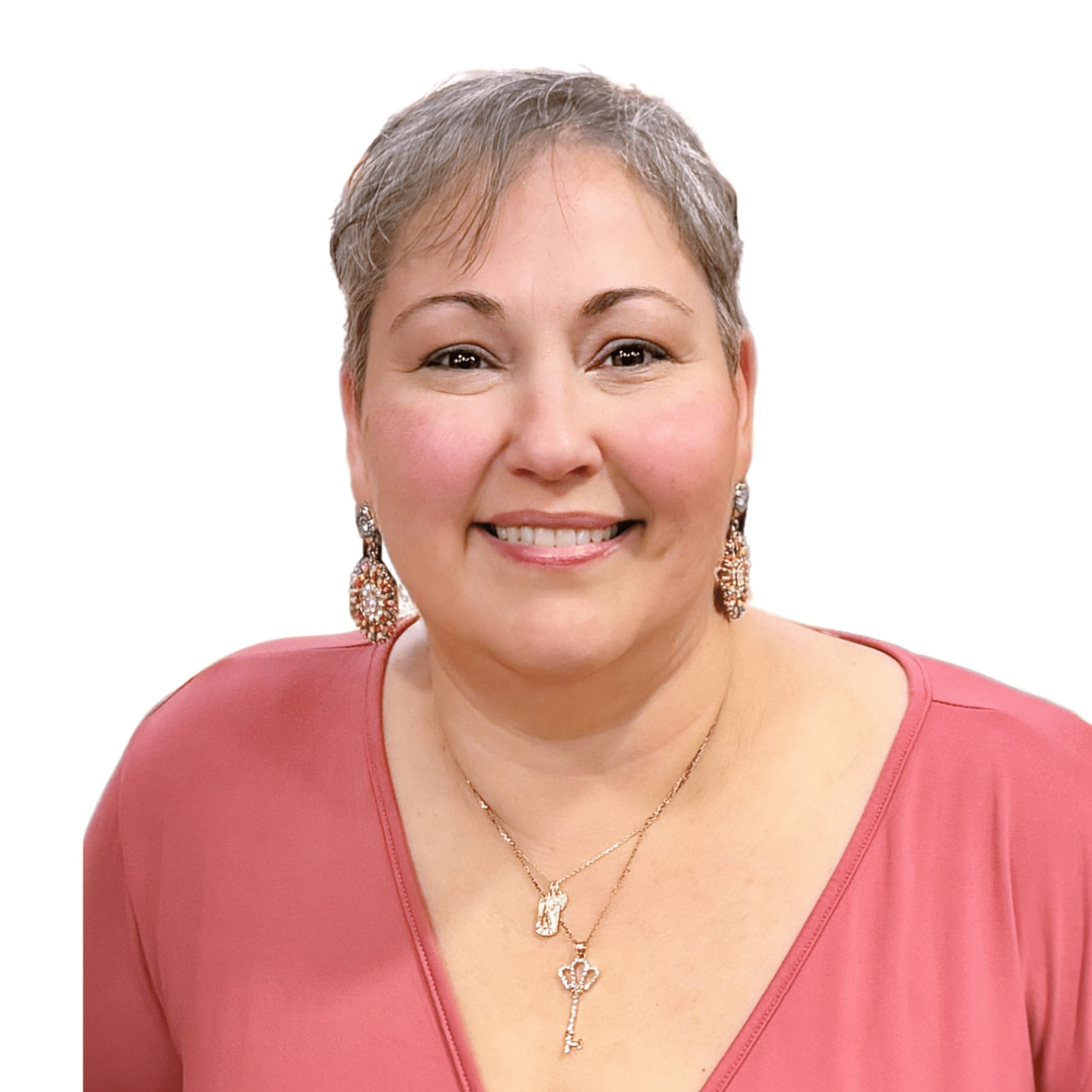"Exploring Why Healing from Trauma Can Impact How We Connect and Communicate"
Interested in learning more about this topic? Please attend my complimentary healing intensive. Click here to learn more: https://www.healthrivedream.com/communication/
Communication can be challenging for anyone, but trauma survivors often struggle a bit more with communication for several reasons. I have listed six of them here for your consideration and reflection. Healing from trauma can be a slow, intense journey that reshapes many aspects of your life, including how you connect and communicate with others. Trauma can leave deep emotional and psychological scars, affecting trust, self-esteem, and the ability to form healthy relationships. As you work through your trauma, you may need guidance or assistance with building or rebuilding your communication skills. Give yourself grace. Start with understanding why healing from trauma impacts your connections and communication. This can provide valuable insights into the recovery process and help foster more supportive and empathetic relationships.
1. Hyperarousal and Hypoarousal Responses:
Trauma can lead to heightened emotions, often described as anxiety, restlessness or worry. This means our parasympathetic nervous system is in a state of hyperarousal. In this state, you may experience panicky feelings such as shortness of breath, rapid heart rate, sweating, tremor, and pacing. Of course not everyone experiences all of the symptoms at once. When the symptoms are on the severe side, we call these panic attacks, and they can feel debilitating. Hypoarousal feels very much like the opposite. You may feel numb or find it different to express feelings and your thoughts may feel slow or sluggish. You may feel depressed, sad, hopeless in this state. Self worth typically also takes a dive. As you can image, being in hyperarousal or hypoarousal can make it difficult to communicate effectively with anyone.
2. Trust Issues:
Trauma can erode trust in yourself and others. When you don’t trust yourself, you will find yourself second guessing your decisions, or being indecisive. You may also worry about what to say, especially if you feel conflict avoidant. Another annoyance when you can’t trust yourself is the negative commentary in your head that often isn’t useful or helpful.
When you struggle to trust others, this can lead to difficulties in forming and maintaining relationships. You may feel suspicious of what the other is up to. You worry they are hiding information from you, or they don’t have your best interest at heart. Also, when you don’t fully trust others, it is difficult to express your vulnerabilities and thus connection is more challenging.
3. Feeling Triggered
Sometimes you can feel caught off guard and you aren’t sure what happened. It could be a certain smell, certain words, or certain places. Sometimes it can be more subtle like non-verbal cues. When you feel triggered, you may have a flashback or have anxious/panicky feelings in your body. Some survivors freeze when triggered and other survivors may break down. It is easy to understand how being triggered can impact your communication, causing breakdowns or avoidance.
4. Avoidance Behaviors:
Do you find yourself avoiding certain topics or emotions that come up? This is common for survivors and can be considered an unhealthy or maladaptive coping mechanisms, not only will this hinder open communication in your relationships but will slow down you're healing as well. Avoidance can also lead to you feeling more isolated and alone.
5. Difficulty in Verbalizing Emotions:
Based on what I have shared so far, it is not rocket science to understand why survivors struggle with communication and even why it could be difficult to express emotions. Can you relate? When you are feeling distrustful, numb, or overwhelmed, it is hard to articulate your thoughts, let alone your feelings. Stay tuned to my next blog post on healing communication issues for more information and recommendations.
6. Sense of Shame or Guilt:
You may feel shame or guilt about your experiences, which can inhibit your willingness or desire to communicate openly. It is also difficult to seek support if you believe that you don’t deserve it. Sometimes shame or guilt is felt so intensely, you may feel overwhelmed and shut down your communication. This often happens to avoid being retraumatized or rejected.
The factors above highlight the complex challenges trauma survivors face in communication, and why your support system can empower you the most by being sensitive and supportive. Healing from trauma takes time and is a deeply personal journey that influences your ability to connect and communicate with others. By understanding the underlying challenges you may face, such as difficulty trusting others and expressing emotions, you can advocate or only spend time in empathetic and supportive environments (this is easier said than done). As you continue to explore and address your barriers to communication, you will find opportunities for recovery, healing, and the rebuilding of meaningful relationships. I encourage you to consider open dialogue, offer and receive compassionate support, and recognize the courage it takes to heal can empower you to reconnect with yourself and others. This paves the way for healthier, more fulfilling connections.
I hope to see you at my next healing coaching intensive! https://www.healthrivedream.com/communication/
Healing Communication
20 July 2024, 12:00PM-1:00PM EST



